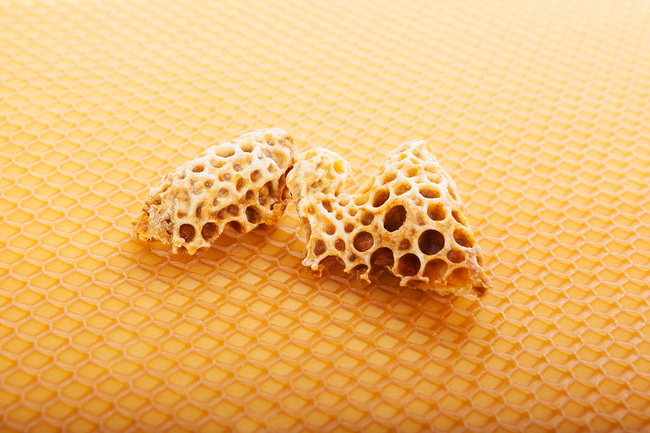- Make It Yourself Lavender Heart-Shaped Bath Bombs!
- 20 Things You Never Knew About “Down There”
- 12 Best Foods For Those Suffering From Arthritis Pain
- 12 Personal Hygiene Mistakes Almost Everyone Makes (Mom Never Told You About #4!)
- 15 Medicinal Plants And Herbs From The Cherokee People
- 12 Mind-Blowing Benefits Of Drinking Coconut Water During Pregnancy
- 12 Outstanding Winter Foods That Won’t Fatten You Up Like A Christmas Turkey
Treat Your Seasonal Allergies Naturally!

Photo credit: bigstock.com
5. Bee Medicine
As if nature’s tiny golden workers do not already provide enough mankind with enough resources, it has become clear that consuming bee products drastically reduces allergic response. A 2011 study reported in the Archives of Allergy and Immunology demonstrated preseasonal consumption of birch pollen honey reduces allergy symptoms by 60% and antihistamine usage by 50% in comparison to those who do not regularly consume birch pollen honey, propolis, or other bee products.
A fallacious explanation for why honey effectively combats allergy symptoms has permeated health groups and the general population to no small extent. The erroneous rationale claims that bee products work similarly to vaccines. By repeatedly exposing the body to honey and, supposedly, bee pollen, the immune system builds up a tolerance for the pollens consumed. There is not ample evidence supporting this logic. Honey contains very little pollen, not nearly enough to provide the claimed value; bees do not use it in the honey manufacturing process. Furthermore, most allergies are rooted in grasses and weeds, not the vibrant flowering plants that blossom each allergy season, from which bees procure their nectar.
READ ALSO: 8 Food-Remedies For Allergy Infographic
Studies suggest bees’ allergy-busting attributes lie in a compound called myricetin that reduces histamine production.
References:
































